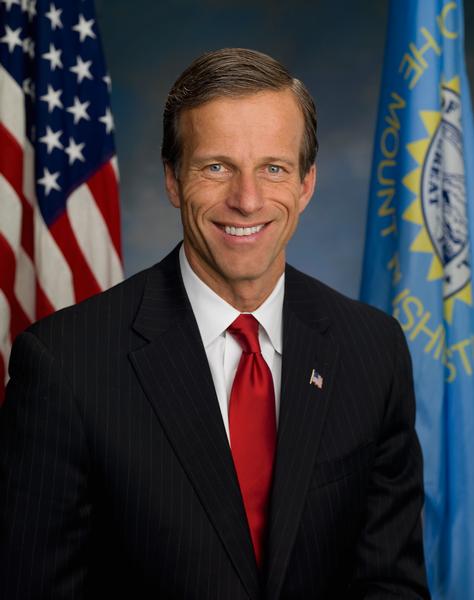
Standing Up For South Dakota Producers
By Sen. John Thune
Agriculture is the lifeblood for many South Dakotans. Farming and ranching isn’t just an occupation, it’s a proud and honest way of life. As a longtime member of the Senate Agriculture Committee, standing up for our producers is a top priority.
Cattle producers have faced significant market disruptions in recent years. It strikes me, at least, that while producers struggle to make ends meet, the largest meatpackers in the country have seen record profit margins. Something doesn’t add up. Since the early days of the pandemic, I have urged the U.S. Department of Justice to investigate the four large meatpackers that control more than 80 percent of the beef processing capacity in our country. It’s critically important that producers have a fair and transparent system to market their cattle, and I urge the Justice Department to conclude its work to determine if any improper or anticompetitive activity has occurred.
Regulatory uncertainty and burdens have also hurt producers. Unfortunately, President Biden is resurrecting President Obama’s 2015 attempt to regulate ditches, prairie potholes, and ephemeral streams. I recently led all Senate Republicans in urging the Environmental Protection Agency (EPA) and the U.S. Army Corps of Engineers to suspend their rulemaking to redefine the scope of waters protected under the Clean Water Act (CWA), specifically “waters of the United States” (WOTUS), until the U.S. Supreme Court completes its consideration of Sackett v. EPA, a case that is expected to have major implications on CWA enforcement. The CWA calls for only “navigable waters” to be regulated – think rivers and streams that connect to larger bodies of water.
The WOTUS rule would not only be time consuming to have every water feature examined, but it lacks even a drop of common sense. It could also be incredibly expensive should you run afoul of D.C. regulators who are looking to halt every day farming and ranching practices. The Biden administration should freeze its WOTUS rulemaking until the Supreme Court makes its decision, otherwise farmers and ranchers will have even more uncertainty to deal with during the upcoming planting season.
Instead of imposing new, unnecessary regulations, the administration should focus on meaningful measures to address the supply chain crisis. For some time now, I’ve heard reports of ocean carriers unreasonably refusing to transport certain goods – often American agricultural products. My bipartisan bill, the Ocean Shipping Reform Act, which I introduced this month, is designed to address this problem and create a more level playing field, benefitting South Dakota producers, small businesses, and consumers.
Under my bill, the Federal Maritime Commission is given more authority to respond to unfair ocean carrier practices, while bringing greater efficiency and transparency to a process that leaves many shippers – especially small businesses – frustrated. These improvements will bring long-term positive changes to the maritime supply chain, which I hope will benefit producers by ensuring export markets remain open, fair, and competitive.
Agriculture is a tough business, and producers are some of the toughest people I know. They have had to endure tremendous challenges over the past few years, from trade disputes to weather to the pandemic. No matter what, I will keep doing everything I can to stand up for the priorities of South Dakota producers.
###
